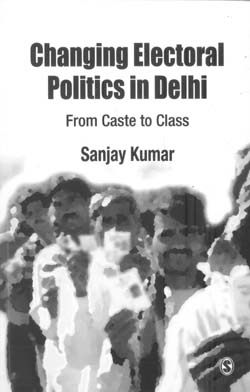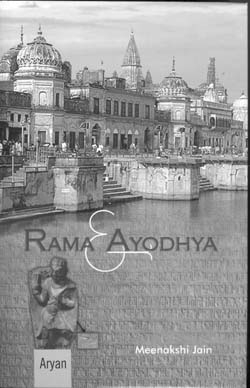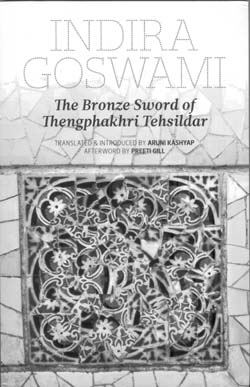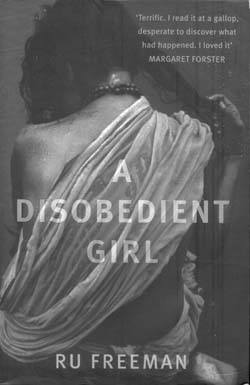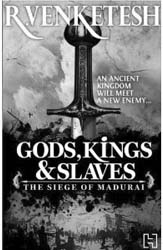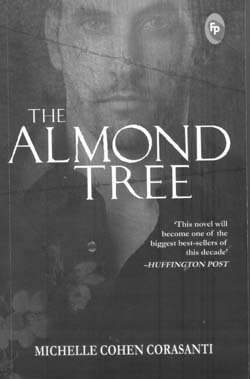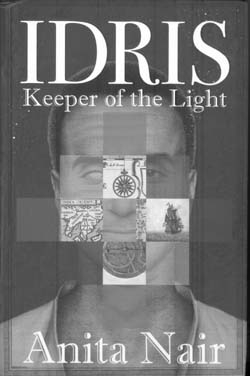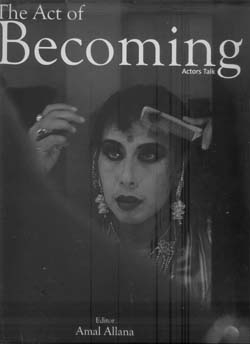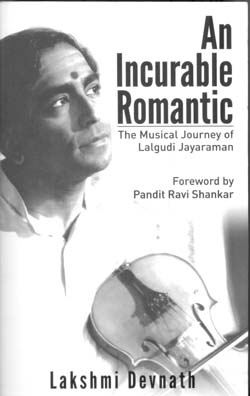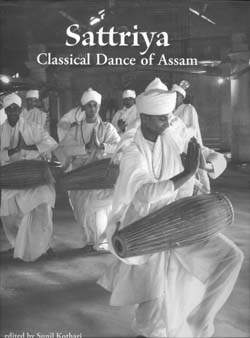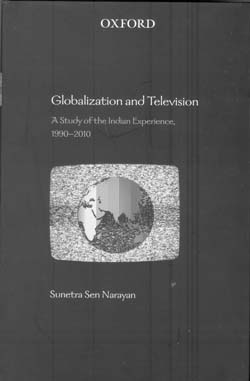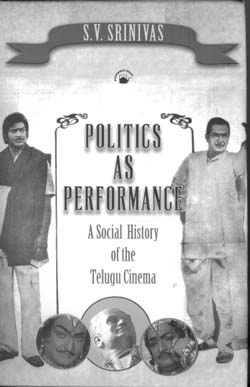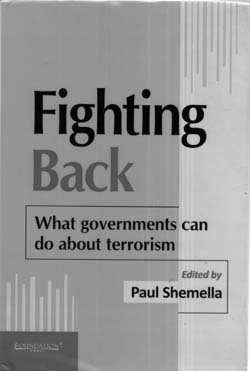Delhi probably has the single largest con- centration of scholars and opinion makers in the country who make a living studying, observing and commenting on politics.
2014
India’s democracy is acknowledged and cel- ebrated, at home and abroad, especially because very few Asian, African and Latin American societies have been able to maintain liberal democratic institutions and practices.
2014
One of the critical currents of con- temporary Indian political history has been Hindutva’s cerebral politics over the Ram Janmabhumi-Babri Masjid conflict and continuous struggle by its historians to create a coherent and authentic historical narrative that would demolish the dominant narrative on Ram and Ayodhya as constructed by the ‘Left Historians’.
Kris Manjapra’s Age of Entanglement is a worthy and comprehensive study of the transnational engagements between Germans and Indians, from the nineteenth century to the Second World War, when both nations were trying, in their own ways, to free themselves from British hegemonic control.
Thengphakhri ‘Baideo’ is the first Indian woman to be awarded the position of Izardar (or Tehsildar) by the contemporary British regime. She was given the responsibility to collect taxes in Mahan, Sunkush and Burhidiya, all belonging to a landlocked place popularly known today as ‘Bodoland’—on one side Bhutan and Sikkim, on another Coochbehar, while on the other sides Ahom and Bijni kingdoms ruled this small land.
D isobedient Girl by Ru Freeman is a story, in parallel, about two wo-men living in two different periods of time and in different situations. The novel is set in Sri Lanka against the backdrop of the political upheaval and social unrest of that time.
‘There was fear in the air—downcast eyes, nervous scurrying—for bombs had exploded in these close confines in the past, killing disproportionate numbers of packed humanity. The heat, humidity and stench of human effluence in the enclosed stalls made me nauseous.’ Shane Joseph’s Paradise Revisited is set against the background of the recent tragic, violent events that tore Sri Lanka apart and cast a long shadow.
Gods, Kings & Slaves is the story of two primary protagonists, both known to history. The first protagonist is Veera Pandyan of Madurai, and the other is a Hindu boy from Gujarat, who becomes Malik Kafur, Alauddin Khilji’s famous general. What the author does extremely well is to take characters from our history about whom we do not have much information, but are known enough so as to not appear fictional characters…
Maybe being an aggressive lesbian feminist was the easiest way for a young woman from India to find fame in those happening decades of 60’s and 70’s in the West (where Suniti Namjoshi has lived most of her adult life.) It is a pity though that she found fame thus, for her real talent lies elsewhere. It is in the magic that she weaves with words. It lights up everything she writes—poetry, prose, parables, fables, fantasies…
2014
‘You cannot go back and make a new start, but you can start now and make a new ending.’– The Almond Tree. Michelle Cohen Corasanti places one family at the centre of the conflict between the Israelis and the Palestinians to depict how it feels to be a Palestinian and have one’s land taken away and belongings destroyed under a strict military rule.
Anita Nair locates Idris: Keeper of the Light in the seventeenth century and draws our attention to a period of time chronicled by the better known Gregorian calendar between 1625 AD to 1661 AD.
This is a deeply pleasurable, immersive and impressive collection. It is a compilation about actors, their thoughts, ideas, craft and it captures the milieus in which they have lived and worked. The Act Of Becoming edited by Amal Allana is a collaborative publication by Niyogi Books and The National School of Drama. It provides us with accounts of 22 theatre actors from the 1880s to the present.
Lakshmi Devnath serves up a breathless narration on the life of the legendary violin maestro Lalgudi G. Jayaraman. It is like a Carnatic music Kutcheri alternating between Kalpita and Manodharma. As Devnath explains in the book, Carnatic music consists of two main modes. Kalpita and Mano-dharma.
The book under review is an absolute vi- sual delight. And adding weight to the beauty of the hardbound book is the tremendous value each page holds as a source of information and knowledge about Sattriya dance. The book boasts of contributions by eminent experts in the field including the likes of Maheswar Neog, multifaceted scholar of Assamese arts, culture and literature…
After decades of success in buying out some of Britain’s most iconic media institutions, Australia born media baron Rupert Murdoch’s ambitious plans hit an extraordinary road block in July 2011. His bid to increase his stake in the British Sky Broadcasting, the distribution arm of his television network in the UK, was not only thwarted but in the ensuing investigations…
S.V. Srinivas’s new book tracks a history of Telugu cinema over fifty formative years, in terms of its industry as well as the cultural shifts in the medium. Beginning with the premise that the connection between cinema and the politics of a society is a crucial one, SV (as he is popularly known among colleagues and friends) explores the beginnings of Telugu cinema in the context of the rise of new socio-political elites…
What does it take to win a war? Leadership, sol-diers, strategy, weapons or finance? What explains the inadequate accomplishments of the states, with enormous resources at their disposal, vis-à-vis terrorism? Are we confronting an enemy which simply can’t be defeated? Or philosophically speaking, are we, with an aim of defeating terrorism, merely fighting against ourselves…
2014
From a Minister’s Journal by Fakir Syed Aizajuddin narrates his impressions gathered over time, primarily spanning former President Pervez Musharraf’s term in Pakistan (1999-2008). Aizajuddin is a writer with wide ranging experience—first as a chartered accountant with considerable corporate experience…
2014
His Majesty’s Opponent tells the story of Subhas Chandra Bose whose life was as mysterious as his death was believed to be. While history text-books have limited his description to that of a warrior and a revolutionary in the Indian struggle for freedom, this bespectacled man with an innocent face has more to him than meets the eye, and much more to offer to the intellectual discourse on Indian politics.

